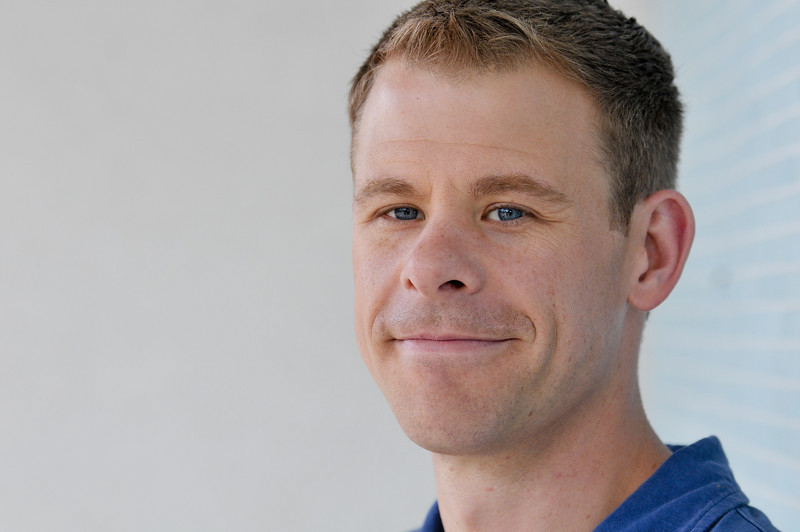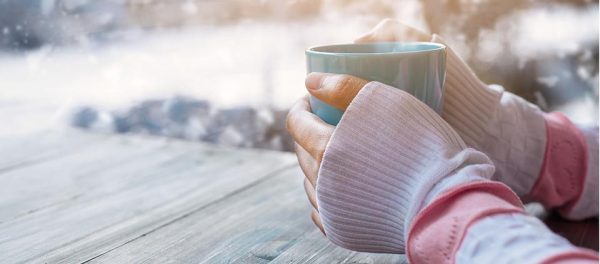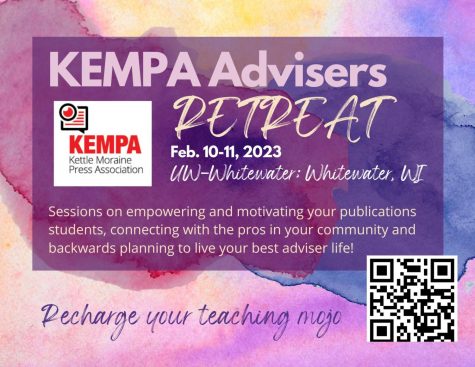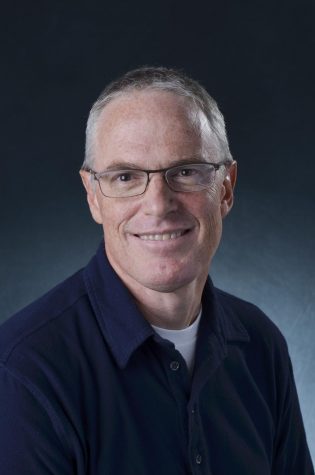Winter Advisers’ Seminar 2020
Adam Dawkins holds an MA in Journalism Education from Kent State University, and is a JEA Certified Journalism Educator and a Colorado Adviser of the Year and JEA Rising Star Award recipient. Adam created and developed the CSMA Press Law and Ethics certification course for advisers and teaches the CSMA Summer Adviser Workshop, The Rocky Mountain Journalism Broadcast Storytelling Workshop. He sits on the board of the Colorado Student Media Association as past president. Adam advises RJ Media at Regis Jesuit High School in Aurora, Colorado, which includes a website, Raider Sports Network, RJTV, Elevate newsmagazine, and RJ Radio.
Registration is now open!
Register online here: https://forms.gle/
Look for our brochure in your mailbox very soon!
Adam Dawkins is our keynote speaker, showing us how to add video to our stories. Dawkins will cover the structure and technique of news and feature broadcast video stories from idea generation to reporting, shooting, writing and post production. He will give you hands-on experience with video production tools, so you’ll go home ready to do multimedia storytelling for whatever publication you advise.
If you have an iPad, tablet or iPhone, you’re halfway there already. In fact, bring them along so you’ll be able to take your work home with you. Want to bring a DSLR camera or dedicated video camera? Bring those as well, but they aren’t necessary.
You’ll be able to teach your students how to create a multimedia package that will report news, promote your publication or provide context for your print story.
Warning: This will be a high-speed introduction, a real jump-in-and-do approach. You’ll learn a ton.
WHAT: Friday-Saturday seminar for journalism advisers
WHO: Adam Dawkins, adviser at Regis Jesuit High School in Aurora, Colorado will be our featured speaker, focusing on broadcast and video.
WHEN: Friday and Saturday, March 6-7, 2020
WHERE: Lake Lawn Resort, Delavan, Wis.
More about Adam:
I believe that scholastic journalism is a way for students to buy-in to their learning because it is the ultimate project based environment. The freedom and the responsibility the student journalist has to research, write, produce, and create for a real audience- in real time- is second to none.
The skills a student journalist learns and uses in the student media classroom (and outside of it) including the use of tech and digital media tools, the ability to assess and determine accurate information online, the art of communication and collaboration, adaptability, resilience, emotional intelligence and presentation and persuasion, are all among the top workplace skills needed in 2019, according to recent data.
The best part about student journalists is that they are able to encounter people who may be different from them and help honor their stories by observing, listening, and producing quality journalism. That experience of encounter equals empathy and, when the story is shared, the encounter is multiplied and empathy abounds.






